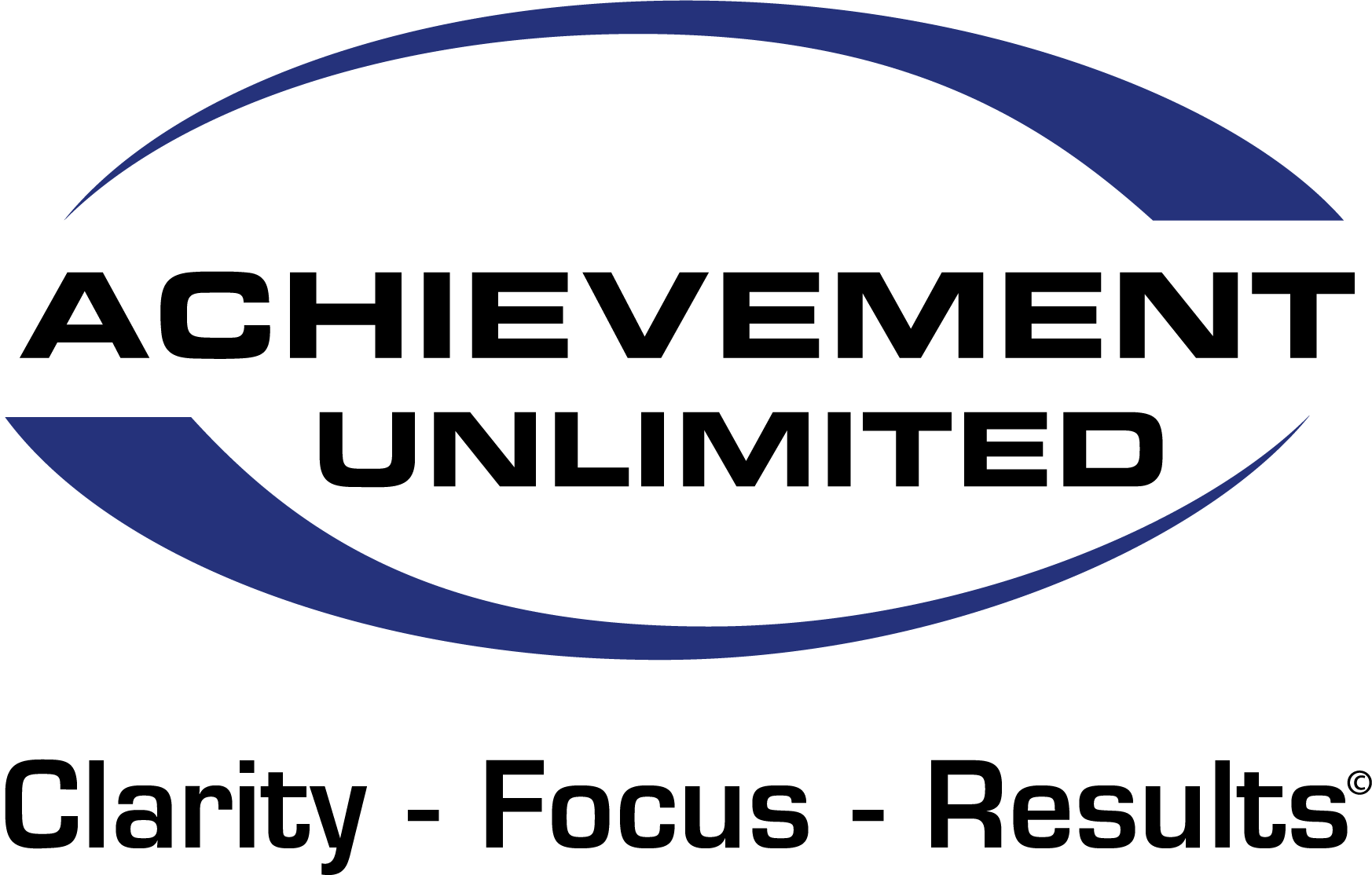5 Thoughts for Keeping Your Motivation on Hazy, Hot, and Humid Days

“Our finest moments are most likely to occur when we are feeling deeply uncomfortable, unhappy, or unfulfilled. For it is only in such moments, propelled by our discomfort, that we are likely to step out of our ruts and start searching for different ways or truer answers.” M. Scott Peck – The “Road Less Traveled”
- Manage Your Thoughts – Use positive self-talk. If you are not in your own corner, do not expect others to be. Bombard yourself with positive thoughts; do this consciously and the thoughts will eventually soak down into your subconscious mind and become a part of your very being. Everything we see or hear influences us. Positive books, note cards, and other reminders are helpful in getting and keeping you motivated.
- Focus your enthusiasm on goals. Do not become overwhelmed by that big goal in the future. Sit down and write your goals, why you want to achieve them and what steps you need to take to reach them. Set long-range goals, then break these down into intermediate and short-term goals. Next devise plans on what you must do to reach each goal by specific dates. By breaking each large goal into smaller ones, you are likely to keep making progress and reach those big wins.
- Manage the Environment. You create and maintain an environment that is conducive to ongoing motivation. Create a work environment that energizes you and surround yourself with positive, goal-directed, self-motivated people.
- Maintain a healthy lifestyle. Eating a healthy diet and getting adequate exercise will make you feel better and keep tiredness and low morale from derailing you.
- Make and keep commitments. Consistently keeping commitments to yourself and others is key to living a fulfilling life and to reaching goals during those dogdays of summer.
If you are still having trouble, remember your deepest motivation starts in your brain. Neurotransmitters spark chemical messages to keep you alert and on task. Things like meditation, self-reflection and mindfulness can help stimulate pathways in your brain. They can also help you gain clarity to identify and understand the ideas or goals that hold the deepest meaning to you, or your “Big Why.”
When you can define your “Big Why,” your deeds and actions will be filled with more purpose and meaning. You will feel calmer and make fewer mistakes. Most importantly, you will have the motivation to make the transition from idea to action in your personal, professional, and spiritual life.
With these guidelines, you can get out of the hazy, hot, and humid and into the clearer, cooler life you have been daydreaming about all summer.
For more information, download this Getting Results Through Others Brochure – Click Here.


Recent Comments